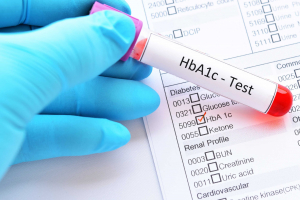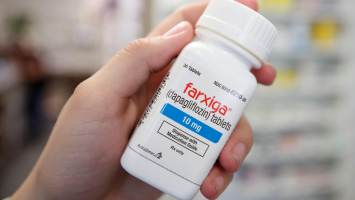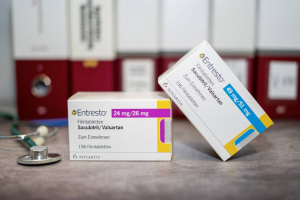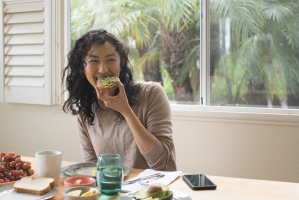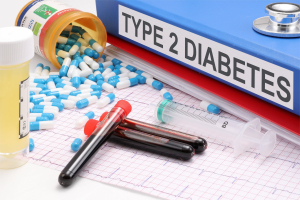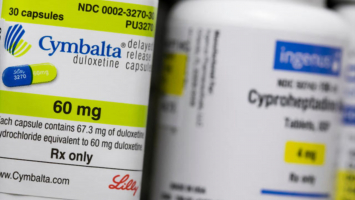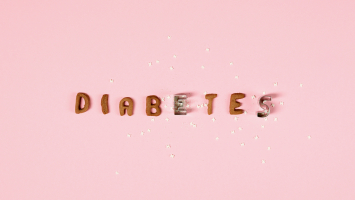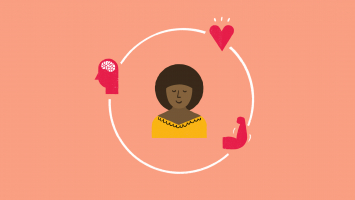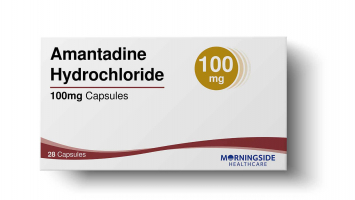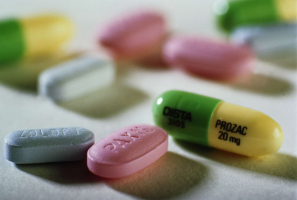Top 10 Things to Stop Doing If You Have GERD
Chronic heartburn is often associated with gastroesophageal reflux disease (GERD). Your entire life may be impacted by chronic heartburn. Your ability to sleep ... read more...can be affected. It could be necessary to stop drinking some of your favorite foods. Even your work can be affected by heartburn. Below are things to stop doing if you have GERD to improve your condition!
-
Heartburn can be caused by overeating. This is due to the fact that when there is a lot of food inside, the stomach stays bloated. Your esophagus and stomach are divided by muscle. The lower esophageal sphincter, often known as the LES, is a muscle that sits between your mouth and stomach and allows food to pass through. The likelihood that the LES won't close properly increases the longer your stomach remains bloated. When it is open, it cannot stop stomach acids and food from rising back up into the esophagus. Heartburn may result from increased pressure on the LES.
Try eating six small meals a day instead of three large ones, or three small meals and three snacks. This will prevent your stomach from being overstuffed. Additionally, it will help to reduce the overproduction of stomach acid. Stomach acid is the fluid that helps you digest your food.
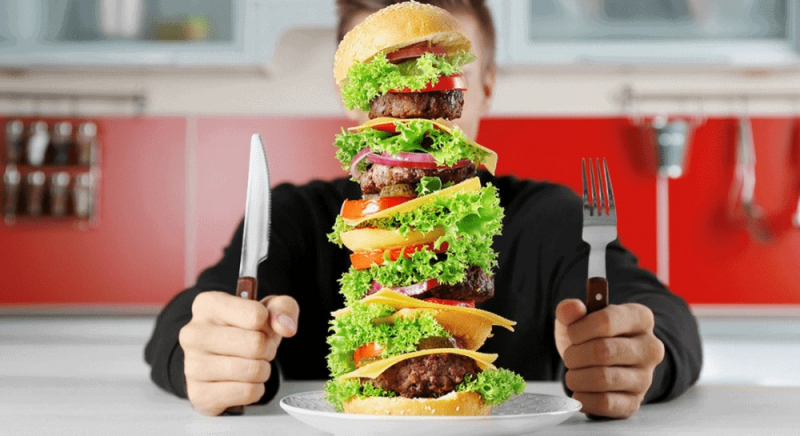
Don't Overeat 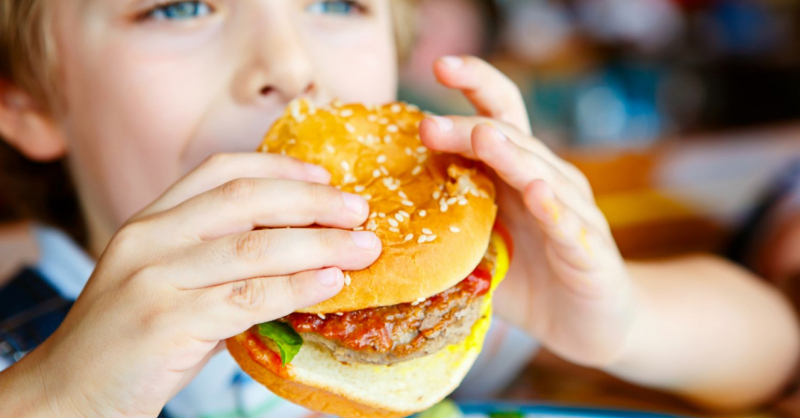
Don't Overeat -
A recent study found that eating quickly—not only consuming fast food—can raise your risk of experiencing acid reflux after meals. According to research, those who eat their meal quickly are more prone to experience gastroesophageal reflux disease (GERD). Your digestive system has a harder time working properly when you eat too quickly. Heartburn is more likely to occur if you have a poor digestive system.
Here are some strategies for eating more slowly:
- In between bites, put your fork or spoon down.
- Before swallowing, properly chew your food.
- Before taking another bite, count to 20 or chew 20 times.
- Take more modest bites.
- ...
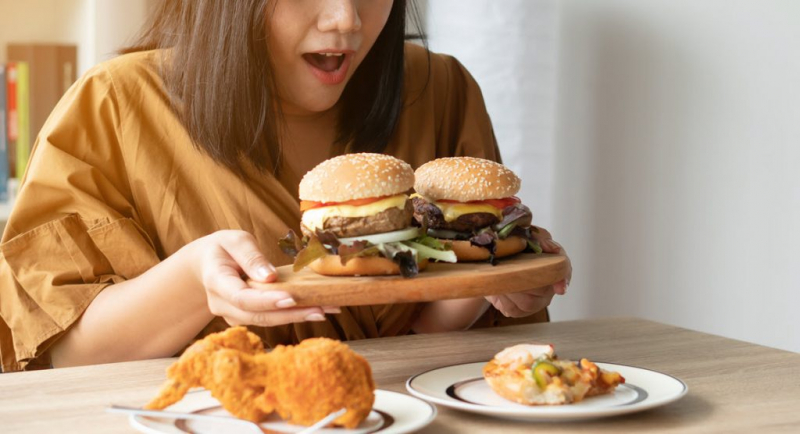
Don't Eat Too Quickly 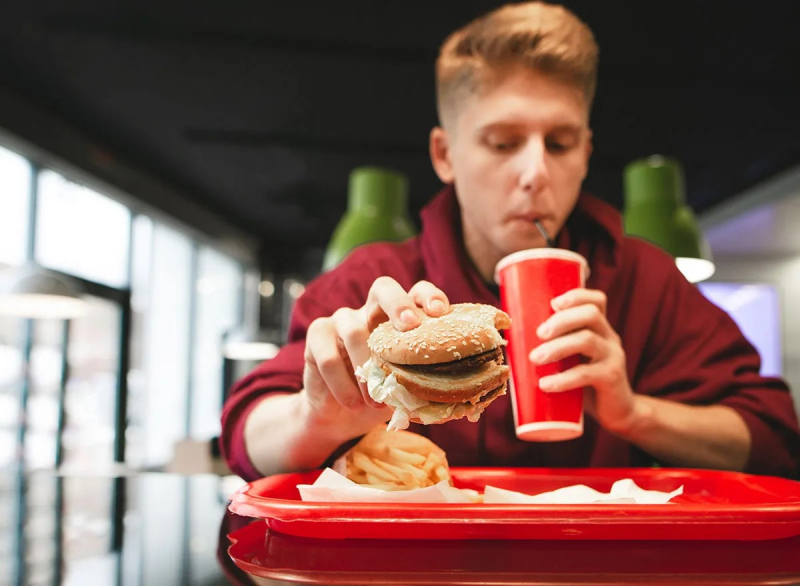
Don't Eat Too Quickly -
Certain foods cause heartburn. A few factors contribute to this. The LES is relaxed by some foods. An excess of stomach acid can be produced by others. Acid from your stomach and food both return up into your esophagus when the LES is relaxed. The following foods can relax the LES:
- Fried or greasy foods
- High-fat meats
- Creamy sauces
- Whole-milk dairy products
- Chocolate
- Peppermint
- Caffeinated drinks like soft drinks, coffee, tea, and cocoa
- ...
The following foods may increase the production of acid:
- Caffeinated drinks
- Carbonated drinks
- Alcohol
- Spicy foods
- Citrus fruit and juices like oranges and grapefruit
- Tomato-based products
- ...
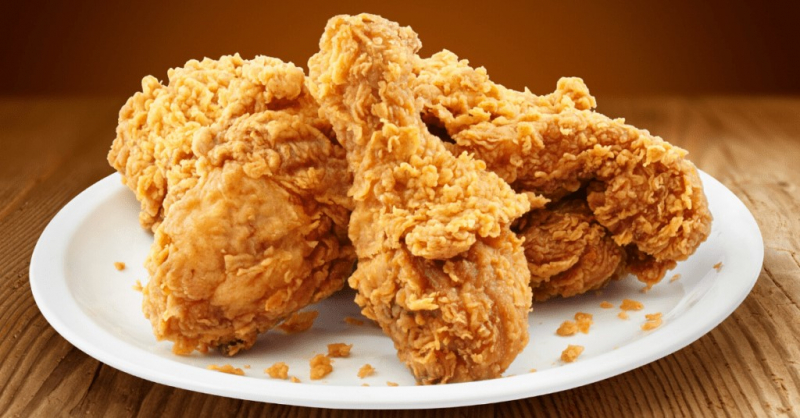
Don't Eat Trigger Foods 
Don't Eat Trigger Foods -
When dining out, it can be more difficult to decide what to eat. Therefore, it's important to prepare in advance. You can make better decisions if you are aware of what you can eat and what you should avoid. Making wise decisions might be helped by reviewing the menu before you go. Asking your server how the food is made is a good action. By being aware of what to avoid and asking the right questions, you can prevent heartburn.
At restaurants, it is simple to overeat, so pay attention to portion sizes. Choosing wisely when dining out includes:
- White meat
- Lean cuts of meat
- Sandwiches with turkey, chicken, or roast beef on whole grain bread
- Grilled foods
- Broth-based soups
- Steamed vegetables
- Baked potatoes topped with low-fat salad dressing
- Low-fat or no-fat salad dressings
- Lighter desserts, such as angel food cake
- ...

Don't Go Out to Eat Unprepared 
Don't Go Out to Eat Unprepared -
The best way for your body to digest food is upright because it makes for simple digestion. After a light dinner, lying down right away can result in heartburn and GERD symptoms as the stomach contents can reflux into the oesophagus. If your stomach has not completely empty by the time you go to bed, this is more likely to occur.
After eating dinner, it is typically advisable to wait two to three hours before going to bed. This decreases the possibility of various digestive problem symptoms by giving your body enough time for digestion and for the contents of your stomach to move into the small intestine. Additionally, waiting a few hours after your last meal before going to bed will lessen your risk of developing sleep disorders and gaining weight. Earlier in the day, eat larger meals, and make your last meal as small as possible.

Don't Lie Down Too Soon After Eating 
Don't Lie Down Too Soon After Eating -
“As you’re lying flat at night, acid from your stomach can creep up into the esophagus and throat, causing symptoms like chest tightness, chest discomfort, and burning in your throat”, says Dr. Frank Coletta, co-director of the Center for Sleep Medicine at Mount Sinai South Nassau.
In fact, according to one study, sleeping on your left side can reduce the amount of acid that enters your esophagus by as much as 71%. Numerous studies have shown that the best sleeping position for those with GERD is on their left side. The cause may be unknown, but anatomy may be able to shed some light on it. The esophagus enters the stomach on the right side. The lower esophageal sphincter is raised above the level of stomach acid while you sleep on your left side. On the other hand, because stomach acid covers the lower esophageal sphincter when you lie on your right side, you are more likely to experience reflux.

Don't Lie Flat When You Sleep 
Don't Lie Flat When You Sleep -
Acid reflux has a variety of causes. In almost all cases, however, clothes that don't fit well can make your symptoms worse. Wearing clothing that is too tight frequently causes irritation and pain.
Michelle Rauch, a registered dietitian, points out that neckties and other tight clothing can aggravate gastrointestinal conditions like irritable bowel syndrome (IBS), Crohn's disease, and gastroesophageal reflux disease (GERD). A belt around the waist was found to cause more acid reflux after eating in one study. The belt's increased pressure on the stomach is most likely what caused this to occur. If you must wear one, go for a wide or loose-fitting style. Consider wearing a soft silk scarf instead of a tight leather belt around your waist, for instance.
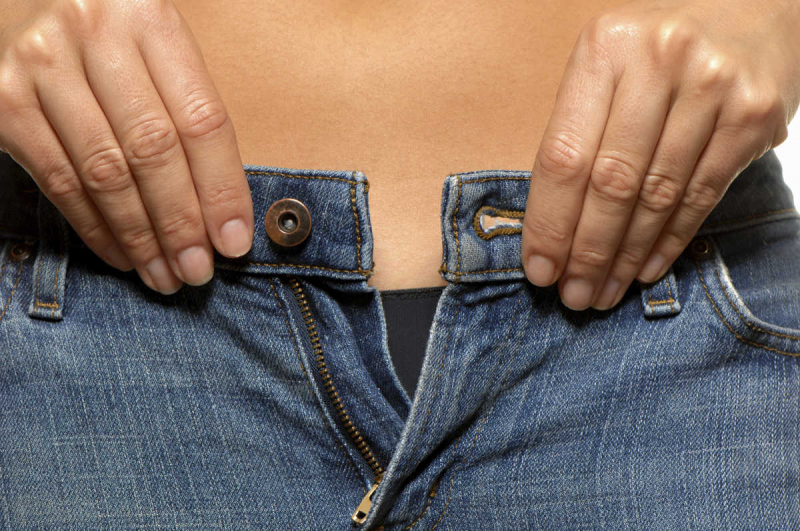
Don't Wear Tight Clothes 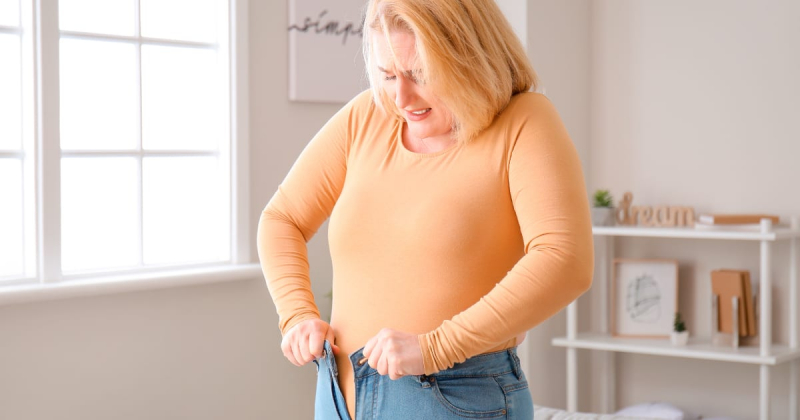
Don't Wear Tight Clothes -
There are numerous motivating factors to stop smoking. Heartburn is one of the health issues brought on by smoking. If you have GERD, this is particularly true.
Smoking can cause heartburn in the following ways:
- Reduced saliva production: Saliva production may be decreased by smoking. Stomach acid can be neutralized with saliva. It can also wash stomach acid that has been refluxed back into it.
- Changes in stomach acid: Smoking might make your stomach produce more acid. Bile salts may also migrate from the intestine to the stomach as a result. Bile salts are a part of bile, a chemical that helps in the small intestine's fat digestion. Stomach bile salts may increase the danger of stomach acid.
- Impaired functioning of the LES: Smoking might relax the LES and weaken it. The stomach's contents may reflux back up into the esophagus if the LES is weak or relaxed.
- ...
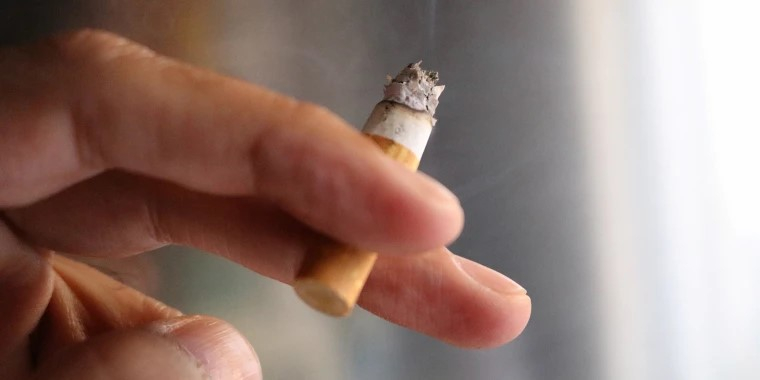
Don't Smoke 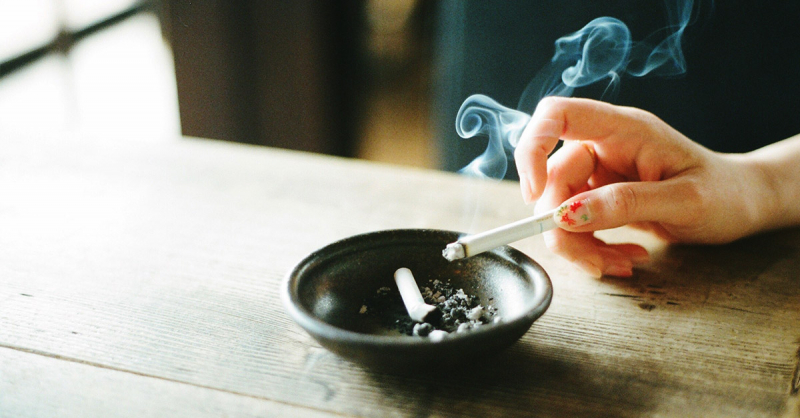
Don't Smoke -
The stomach produces more acid when alcohol is consumed. It also relaxes the LES. Alcohol use frequently results in heartburn. Alcohol may sometimes increase the incidence of GERD and heartburn. A review from 2019 found that GERD was more common in people who consumed more alcohol or more regularly. Even though this does not imply a causal relationship, it does raise the possibility.
Try these suggestions if you drink:
- Mix club soda or water with the alcohol to dilute it.
- Consume in moderation. Have no more than three beers, one or two mixed drinks, and no more than 16 ounces of wine.
- Red wine should be substituted with white.
- Pick non-alcoholic wine or beer.
- Keep track of the alcoholic beverages that give you heartburn. Do your best to stay away from these drinks.
- ...
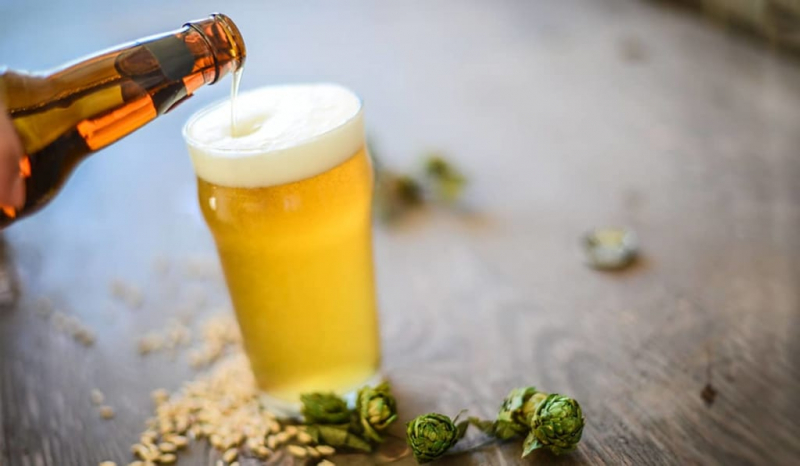
Don't Drink Too Much Alcohol 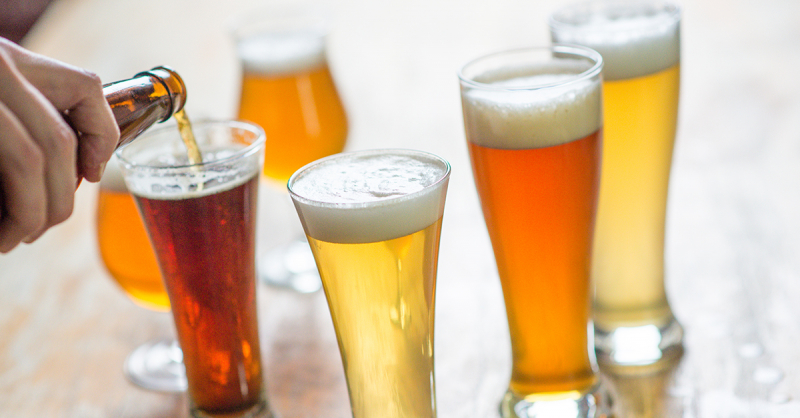
Don't Drink Too Much Alcohol -
Heartburn is not a known side effect of stress. But it may also result in actions that cause heartburn. When you're under stress, it's possible that you won't behave normally. You are not permitted to follow your regular routine for eating, exercising, or taking medication. Heartburn may result from this disruption. A recent study, published in Internal Medicine, interviewed 12,653 people with GERD and found that nearly half reported stress as the biggest factor that worsened symptoms, even when on medication.
Trying to reduce your stress can be helpful. Use relaxing techniques like:
- Breathing exercises
- Meditation
- Listening to music
- Exercise
- ...

Don't Get Too Stressed 
Don't Get Too Stressed












